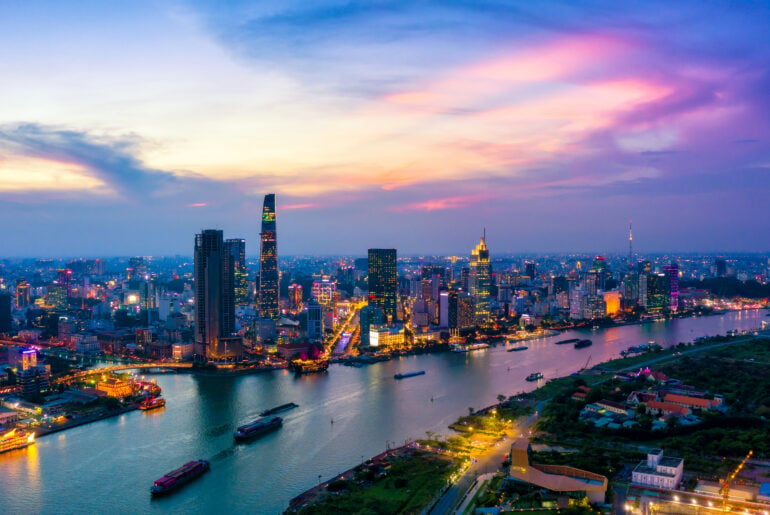In the recent Court of Appeal decision in Bi Xiaoqiong (in her personal capacity and as trustee of the Xiao Qiong Bi Trust and the Alisa Wu Irrevocable Trust) v China Medical Technologies, Inc (in liquidation) and another [2019] SGCA 50, the Court of Appeal dismissed an appeal against the grant of a Mareva injunction in support of foreign court proceedings.
Background
The second respondent, CMED Technologies (“CMED”) was the wholly owned subsidiary of the first respondent, China Medical Technologies Inc (“CMT”) (collectively “Respondents”). Mr Wu Xiaodong had founded CMT and had run it until it was wound up in 2012. The appellant was Ms Bi Xiaoqiong, the former wife of Mr Wu.
After investigating the affairs of CMT and CMED, the liquidators of CMT took the view that members of the former management had fraudulently misappropriated a large sum of funds from the Respondents. The Respondents then started a series of legal proceedings against these persons in Hong Kong and Singapore. including a set of proceedings against Mr Wu and Ms Bi in Singapore. The Respondents alleged that the funds had been paid out of the Respondents’ accounts through a series of transactions controlled by CMT’s former management. The recipients of some of the funds allegedly included Mr Wu and Ms Bi.
In the proceedings commenced in Singapore, the Respondents applied for Mareva injunctions against Mr Wu and Ms Bi preventing them from disposing of their assets in Singapore. The judge granted the Respondents’ application for a Mareva injunction against Ms Bi accepting that the court had the power to grant a Mareva injunction in aid of foreign court proceedings. The judge further granted the Respondents’ application to stay the legal proceedings in Singapore, as it was not disputed that Hong Kong was the more appropriate forum for the dispute.
Ms Bi appealed this decision contending that the Court did not have such power to grant a Mareva injunction against her, and that even if the Court had the power, the injunction should not have been granted.
Court’s decision
The Court of Appeal dismissed the appeal and found that the High Court did have this power which was conferred under section 4(10) of the Civil Law Act (Cap 43). The Court’s power is broad and is subject to at least the following conditions:
- The court must have personal jurisdiction over the defendant.
- The plaintiff must have a reasonable accrued cause of action against the defendant in Singapore.
In relation to the second condition, there is no requirement that the cause of action against the defendant must be terminated in a judgment obtained from the same court that grants the injunction. Although the Respondents’ application to stay the Singapore legal proceedings carried the possibility that no judgment would eventually be granted by the Singapore Court, it did not deprive the court of its jurisdiction to grant a Mareva injunction.
Conclusion
In circumstances where a stay of action is sought, the court retains the residual jurisdiction over the underlying cause of action. The Court of Appeal was of the view that this was a sound juridical basis on which to ground the court’s power to grant a Mareva injunction and was consistent with the recognition that a Mareva injunction in aid of foreign proceedings is still ultimately premised on, and in support of, proceedings in Singapore. The expression “in aid of foreign proceedings” in a Mareva injunction acknowledges that a plaintiff who obtains a Mareva injunction intends to employ it in aid of foreign proceedings, which will assist the plaintiff to enforce a foreign judgment over assets in Singapore.



